Blog
TMJ and Your Bite: How Misalignment Causes Problems
August 15, 2025 / DENTISTRY

Understanding the Connection Between TMJ Disorders and Bite Problems
As a Canadian dentist with years of experience treating complex oral health conditions, I've observed a strong connection between bite problems and TMJ disorders. At Downtown Whitby Dentistry, we frequently see patients whose TMJ symptoms stem directly from dental misalignment issues. Today, I'll explain how your bite affects TMJ function and why addressing both problems simultaneously provides the most effective treatment approach.
TMJ disorders affect millions of Canadians, yet many people don't realize that their bite plays a crucial role in jaw joint health. The relationship between dental occlusion and TMJ function is complex but understanding this connection is essential for effective treatment. Furthermore, addressing bite problems often provides significant relief from TMJ symptoms and prevents future complications.
Understanding the TMJ and Dental Occlusion Connection
The temporomandibular joint works in harmony with your teeth to facilitate proper jaw function. When teeth don't align correctly, the jaw must compensate by moving into unnatural positions. This compensation places excessive stress on the TMJ and surrounding muscles. Consequently, patients develop pain, clicking, and limited jaw movement that characterizes TMJ disorders.
Dental occlusion refers to how your upper and lower teeth come together when you bite down. Ideally, teeth should meet evenly with balanced contact across all surfaces. However, when teeth are misaligned, crooked, or missing, the bite becomes unbalanced. This imbalance forces the TMJ to work harder to achieve proper jaw closure.
Moreover, an improper bite creates muscle tension as the jaw attempts to find a comfortable resting position. This chronic muscle strain contributes to TMJ pain and dysfunction. Additionally, the uneven forces generated by a misaligned bite can cause structural changes within the joint itself over time.
How Bite Problems Trigger TMJ Disorders
Several types of bite problems can contribute to TMJ development. An overbite, where upper teeth significantly overlap lower teeth, forces the jaw into a retruded position. This positioning places excessive pressure on the TMJ and can lead to joint compression and pain.
Conversely, an underbite forces the jaw forward into an unnatural position. This forward positioning strains the TMJ in a different way but can be equally problematic. Additionally, crossbites create lateral stress on the joint as the jaw shifts sideways to achieve proper tooth contact.
Furthermore, missing teeth create bite imbalances that affect TMJ function. When teeth are lost, the remaining teeth may shift or over-erupt to compensate. This movement changes the bite relationship and can trigger TMJ problems. Similarly, worn teeth from grinding or clenching alter the bite and contribute to joint dysfunction.
Identifying TMJ Symptoms Related to Bite Issues
Patients with bite-related TMJ often experience specific symptom patterns. Jaw pain that worsens when chewing or speaking is common. Additionally, these patients frequently report morning jaw stiffness or soreness. This occurs because the jaw muscles work overtime during sleep to maintain proper bite alignment.
Clicking or popping sounds when opening the mouth often indicate TMJ problems related to bite issues. These sounds occur when the joint disc moves abnormally due to improper jaw positioning. Furthermore, patients may experience limited mouth opening or jaw locking episodes.
Headaches and neck pain frequently accompany bite-related TMJ disorders. The muscle tension created by an improper bite extends beyond the jaw to affect surrounding muscle groups. Additionally, ear pain or pressure sensations may occur due to the close proximity of the TMJ to the ear canal.
Comprehensive TMJ and Bite Assessment Methods
At Downtown Whitby Dentistry, we use advanced diagnostic techniques to evaluate both TMJ function and bite relationships. Our assessment begins with a thorough clinical examination of jaw movement and muscle palpation. We also analyze how teeth come together in various jaw positions to identify bite discrepancies.
Digital imaging helps us visualize TMJ structures and identify any anatomical abnormalities. Additionally, we may use specialized instruments to measure jaw movement and identify restrictions. Bite analysis involves examining tooth wear patterns and contact points to understand how forces are distributed during function.
Furthermore, we often create study models of the teeth to analyze bite relationships more precisely. These models allow us to simulate different jaw positions and plan appropriate treatment strategies. The comprehensive evaluation ensures we address all factors contributing to TMJ dysfunction.
Treatment Approaches for TMJ and Bite Correction
Treating TMJ disorders related to bite problems requires a comprehensive approach that addresses both issues simultaneously. Orthodontic treatment can correct tooth alignment and improve bite relationships. This approach is particularly effective for younger patients whose jaws are still developing.
For adults with established bite problems, restorative dentistry may be necessary. Crowns, bridges, or dental implants can restore proper tooth height and alignment. Additionally, these treatments can replace missing teeth that contribute to bite imbalances and TMJ dysfunction.
Moreover, occlusal adjustment involves carefully reshaping tooth surfaces to improve bite relationships. This conservative approach can provide significant relief for patients with minor bite discrepancies. However, more extensive bite problems may require comprehensive rehabilitation involving multiple treatment modalities.
Oral Appliances for TMJ and Bite Treatment
Custom-made oral appliances play a crucial role in treating TMJ disorders related to bite problems. These devices can temporarily correct bite relationships while protecting teeth from grinding forces. Additionally, appliances help relax jaw muscles and reduce TMJ stress during sleep.
Different types of appliances serve various purposes in TMJ and bite treatment. Stabilization splints help establish proper jaw positioning and reduce muscle tension. Repositioning appliances gradually move the jaw into more favorable positions to improve TMJ function.
Furthermore, appliances can serve as diagnostic tools to determine optimal jaw positioning before permanent treatment. This approach allows us to evaluate treatment outcomes before making irreversible changes to teeth or bite relationships. The appliance therapy often provides immediate symptom relief while we plan comprehensive treatment.
Long-term Benefits of Combined TMJ and Bite Treatment
Treating TMJ and bite problems simultaneously provides superior long-term outcomes compared to addressing each issue separately. Correcting bite relationships removes the underlying cause of many TMJ disorders. This approach prevents symptom recurrence and reduces the need for ongoing treatment.
Additionally, comprehensive treatment improves overall oral function and comfort. Patients often report better chewing efficiency and reduced jaw fatigue after treatment. Furthermore, addressing bite problems can prevent future dental complications such as excessive tooth wear or fractures.
Moreover, the psychological benefits of comprehensive treatment are significant. Patients experience improved confidence and quality of life when both TMJ pain and bite problems are resolved. This holistic approach addresses all aspects of oral health and function.
Prevention Strategies for TMJ and Bite Problems
Preventing TMJ disorders related to bite problems involves maintaining good oral health and addressing dental issues promptly. Regular dental checkups allow for early detection of bite changes or developing problems. Additionally, replacing missing teeth quickly prevents bite collapse and TMJ complications.
Furthermore, avoiding habits that stress the TMJ helps prevent problems. These include teeth grinding, nail biting, and chewing on hard objects. Stress management techniques can also help reduce muscle tension that contributes to both TMJ and bite problems.
Moreover, maintaining proper posture supports healthy jaw positioning and reduces TMJ stress. Poor posture can affect jaw alignment and contribute to both bite problems and TMJ dysfunction. Therefore, addressing postural issues is an important component of comprehensive treatment.
Why Choose Professional TMJ and Bite Care
Professional evaluation and treatment of TMJ and bite problems ensures accurate diagnosis and effective treatment planning. At Downtown Whitby Dentistry, we have the expertise and technology necessary to address these complex conditions. Our comprehensive approach considers all factors contributing to TMJ dysfunction and bite problems.
Additionally, professional treatment provides access to advanced diagnostic tools and treatment options not available elsewhere. We can create custom appliances, perform precise occlusal adjustments, and coordinate complex treatment plans. This level of care ensures optimal outcomes and long-term success.
Furthermore, ongoing professional monitoring helps maintain treatment results and prevent problem recurrence. Regular follow-up appointments allow us to make adjustments as needed and address any new concerns promptly.
The connection between TMJ and bite problems is undeniable, and addressing both issues together provides the most effective treatment approach. At Downtown Whitby Dentistry, we specialize in comprehensive evaluation and treatment of these interconnected conditions. If you're experiencing jaw pain, clicking, or other TMJ symptoms, contact us today to schedule a thorough evaluation and learn how we can help restore your oral health and comfort.
Archive
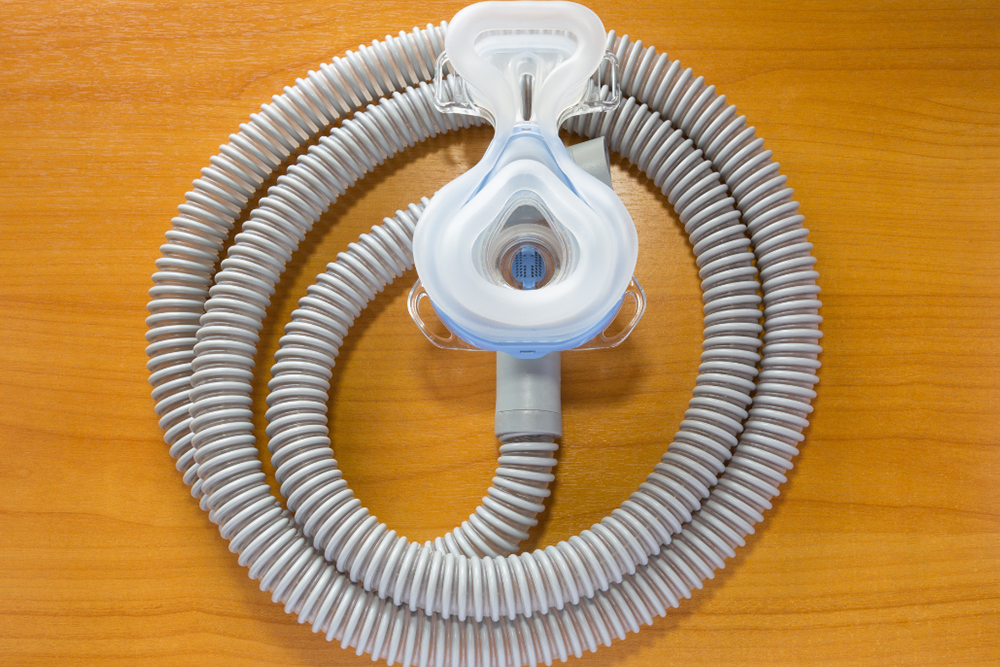

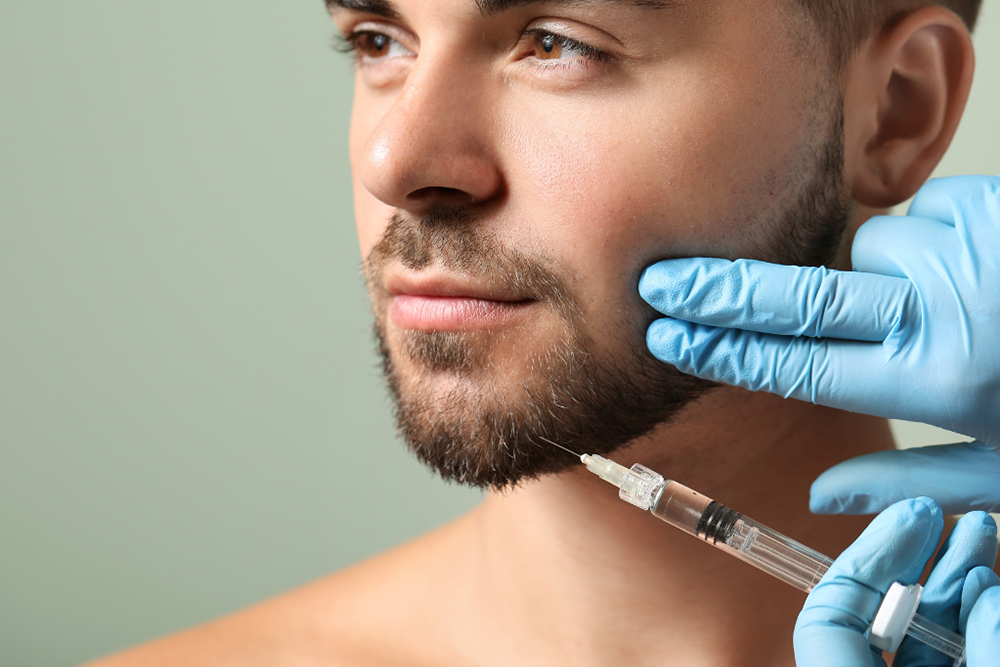
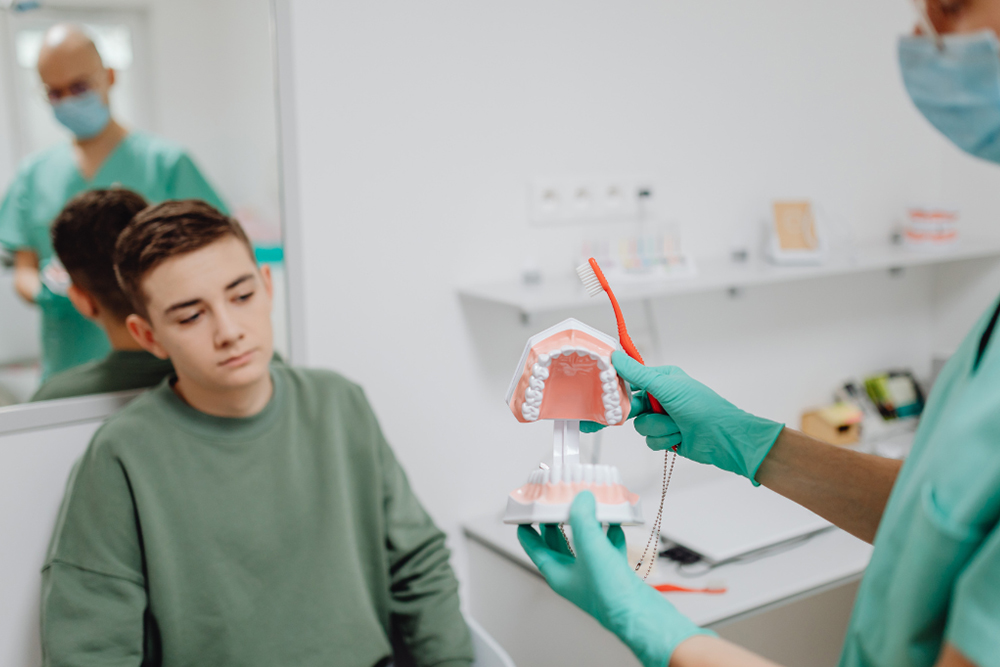

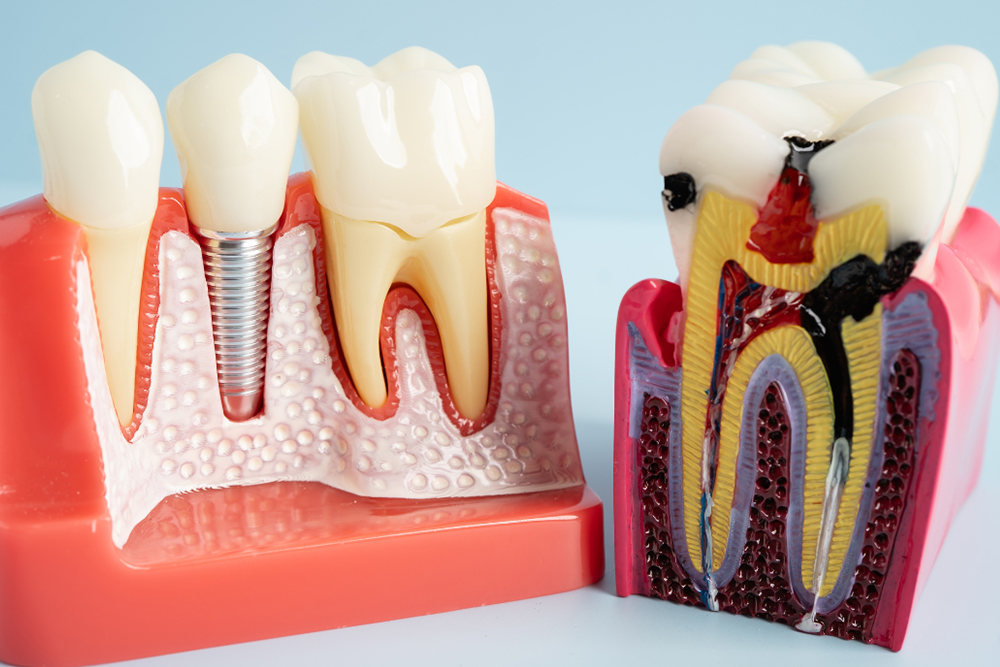
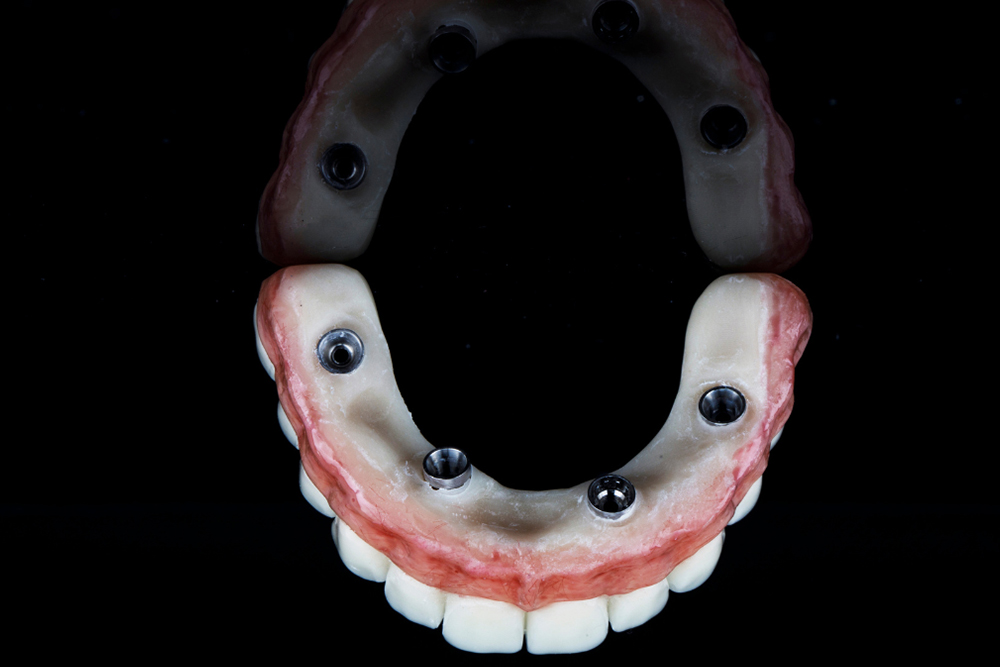
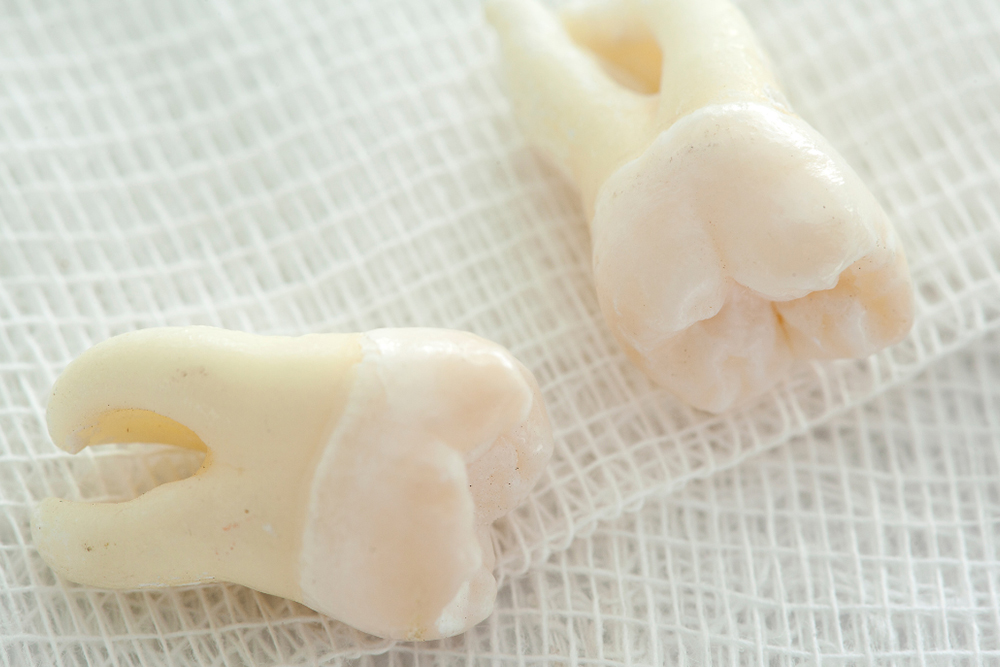
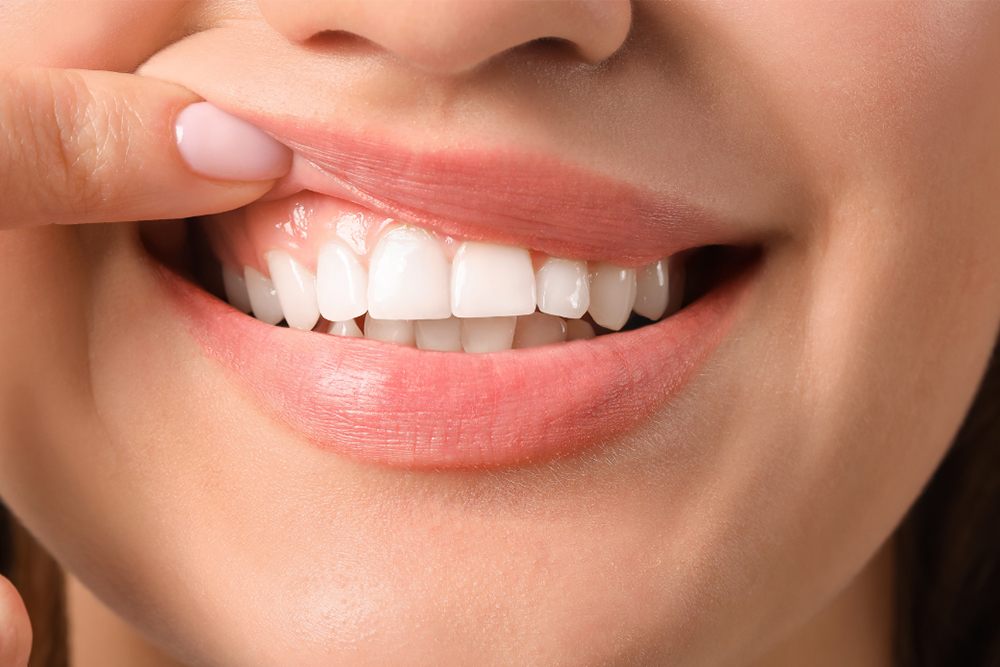

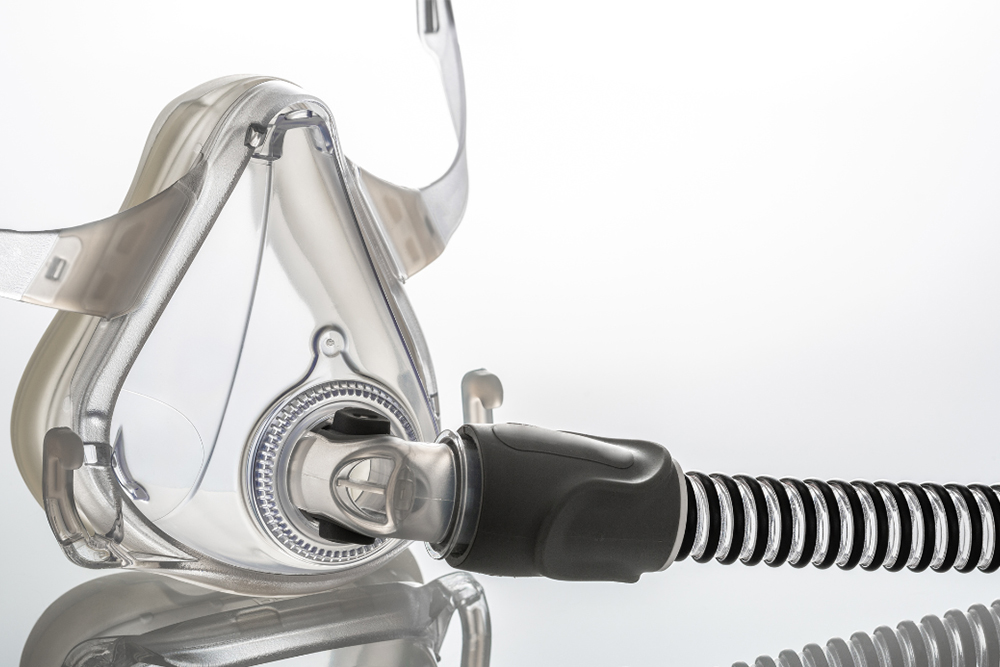

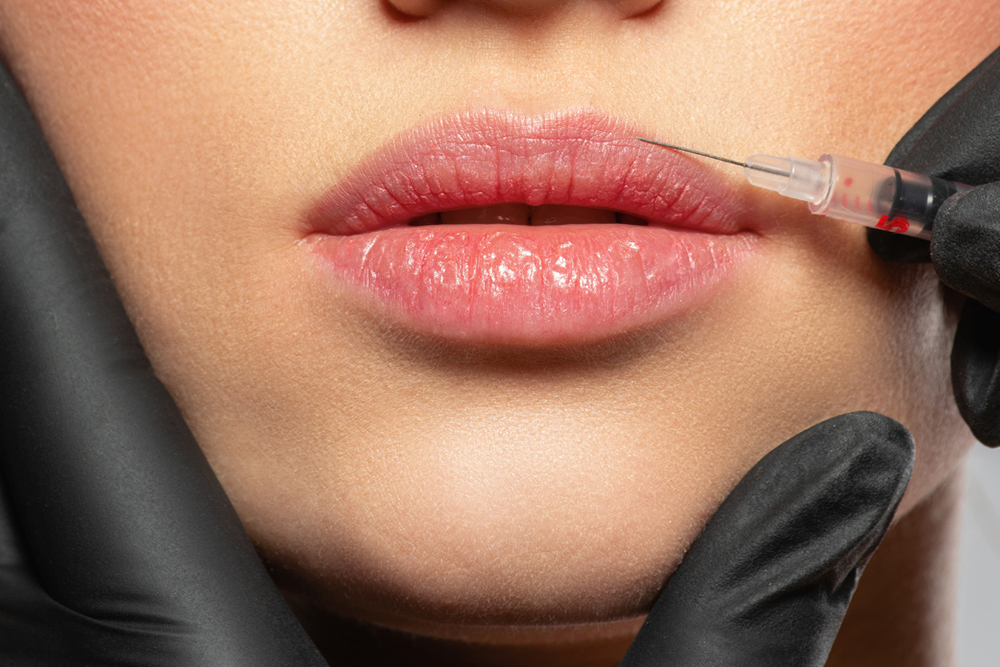
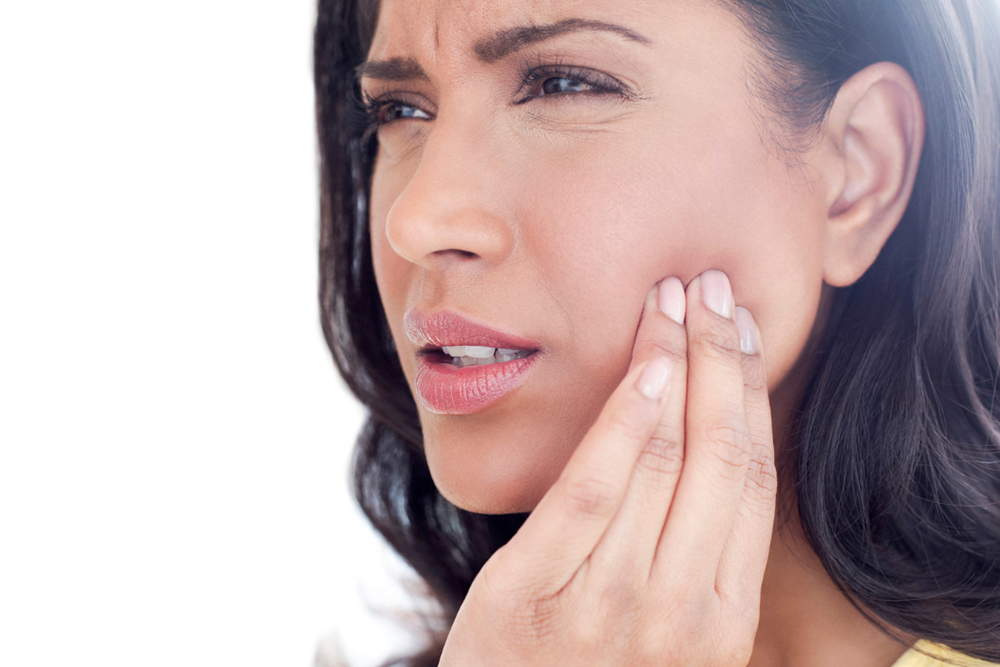
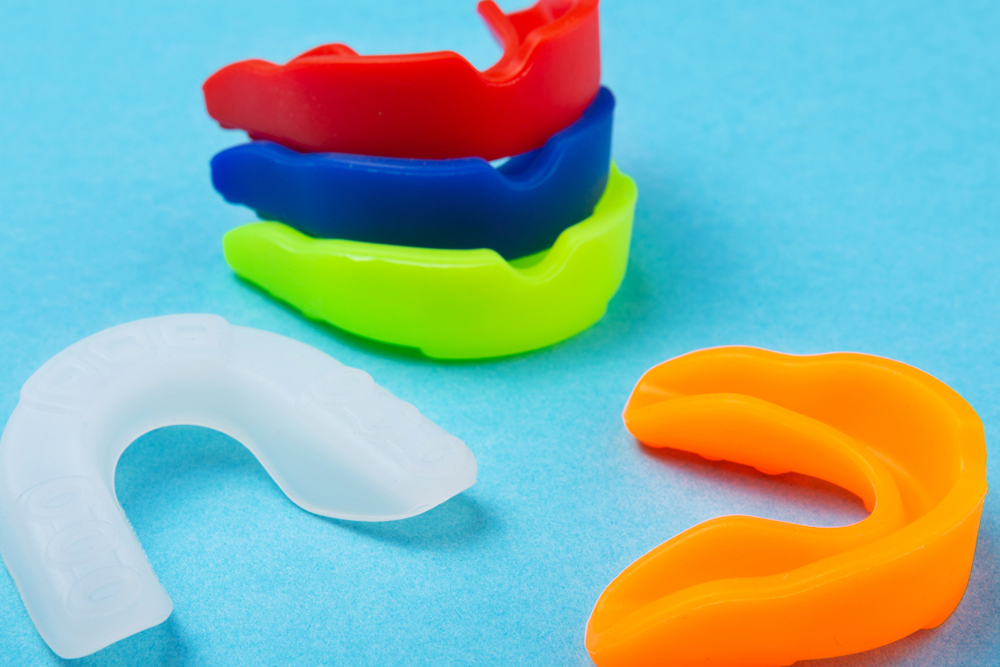

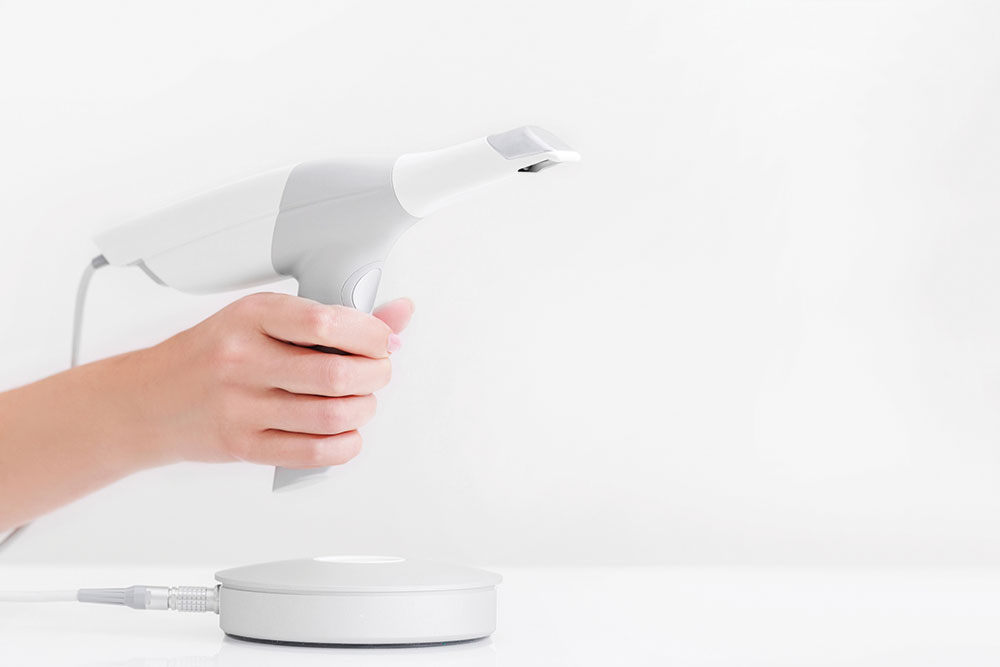



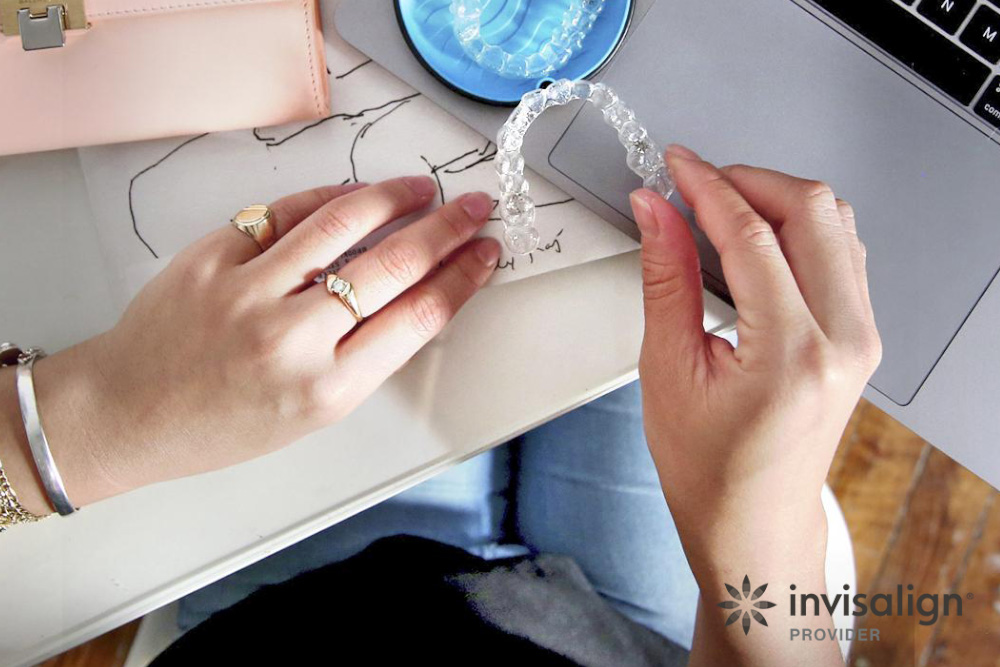
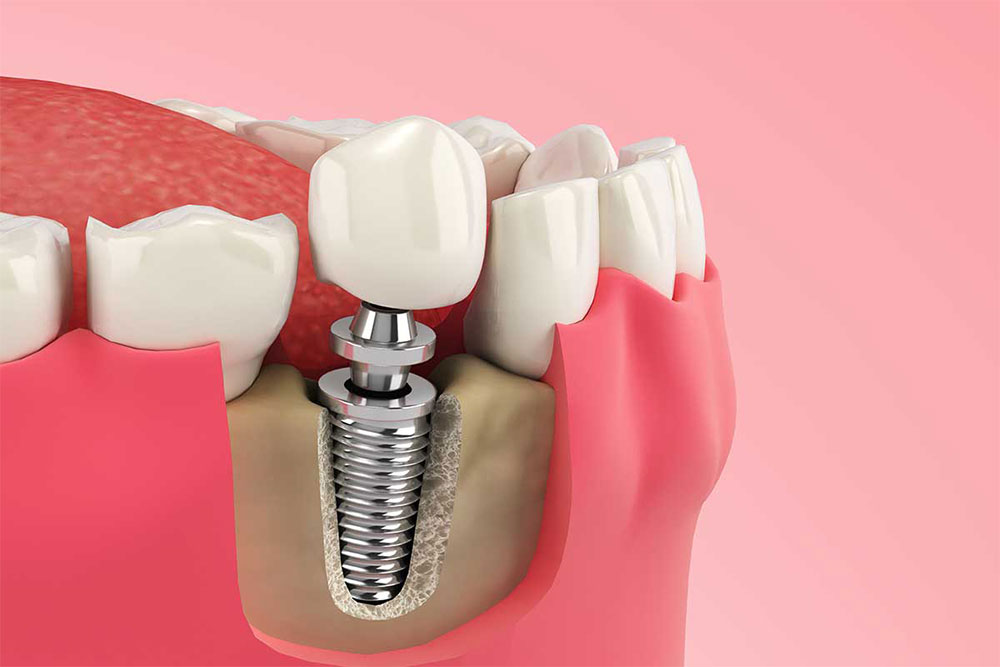
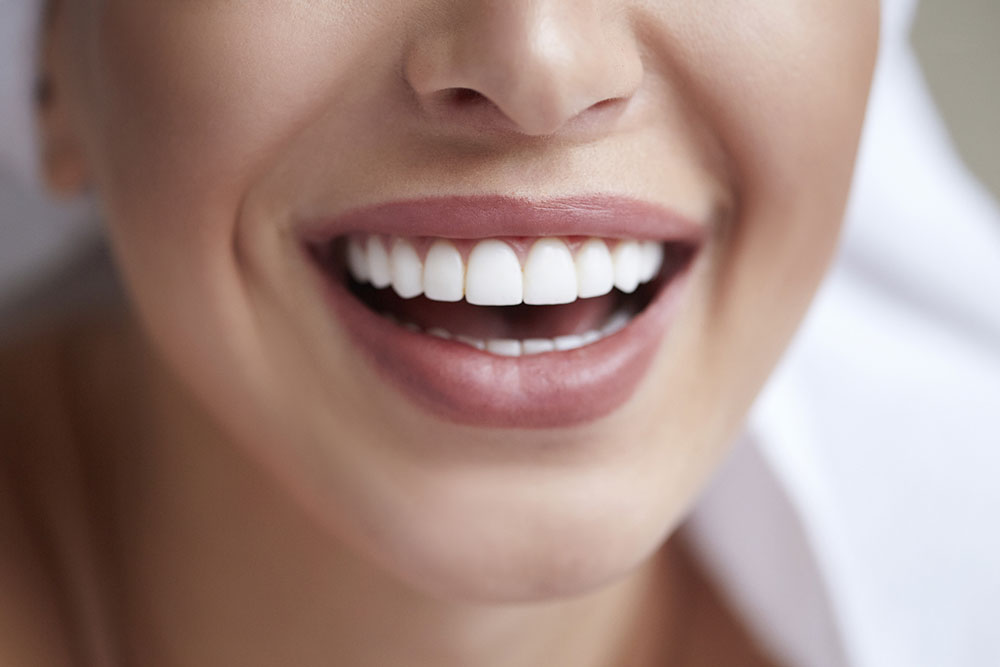


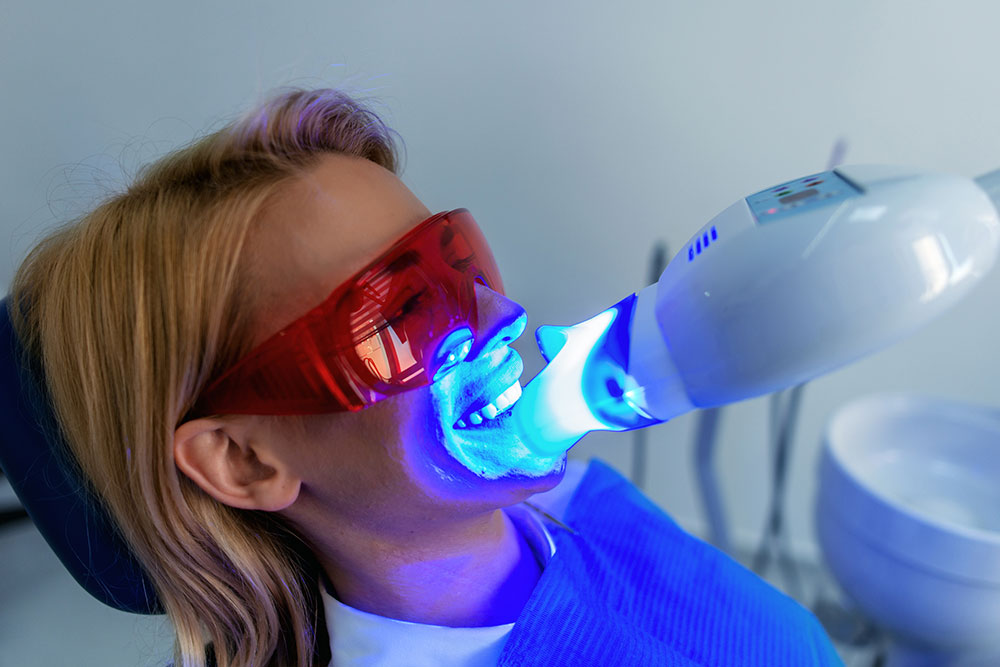





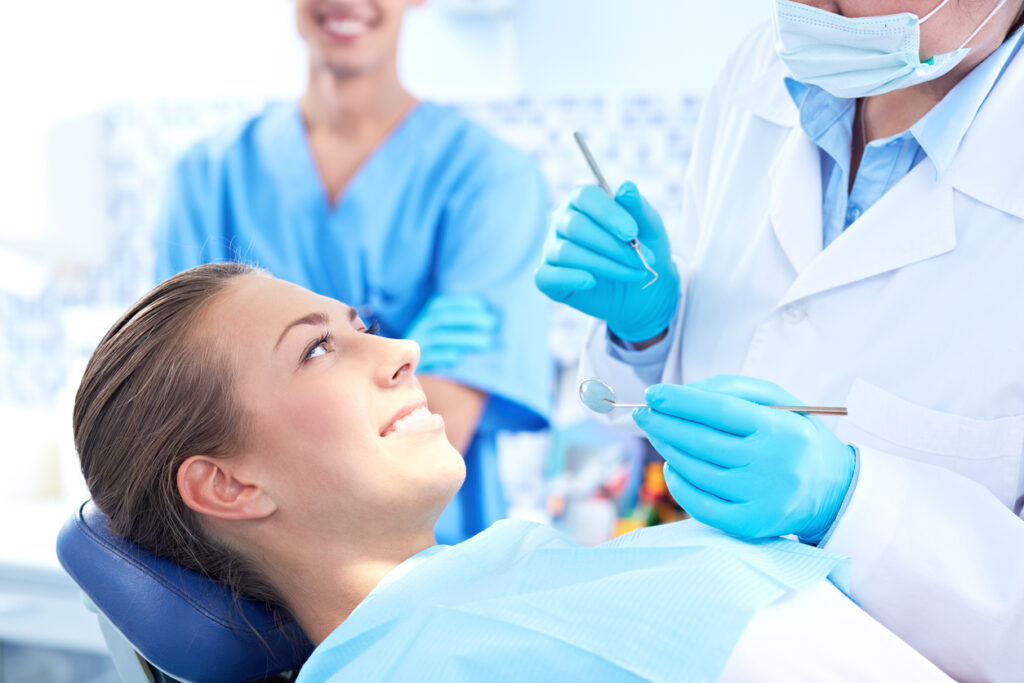
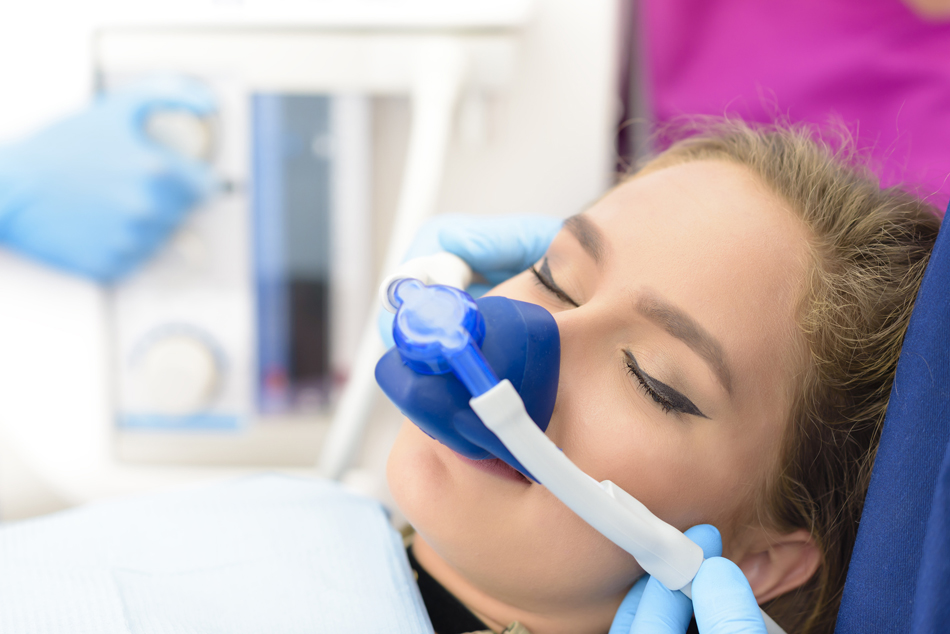


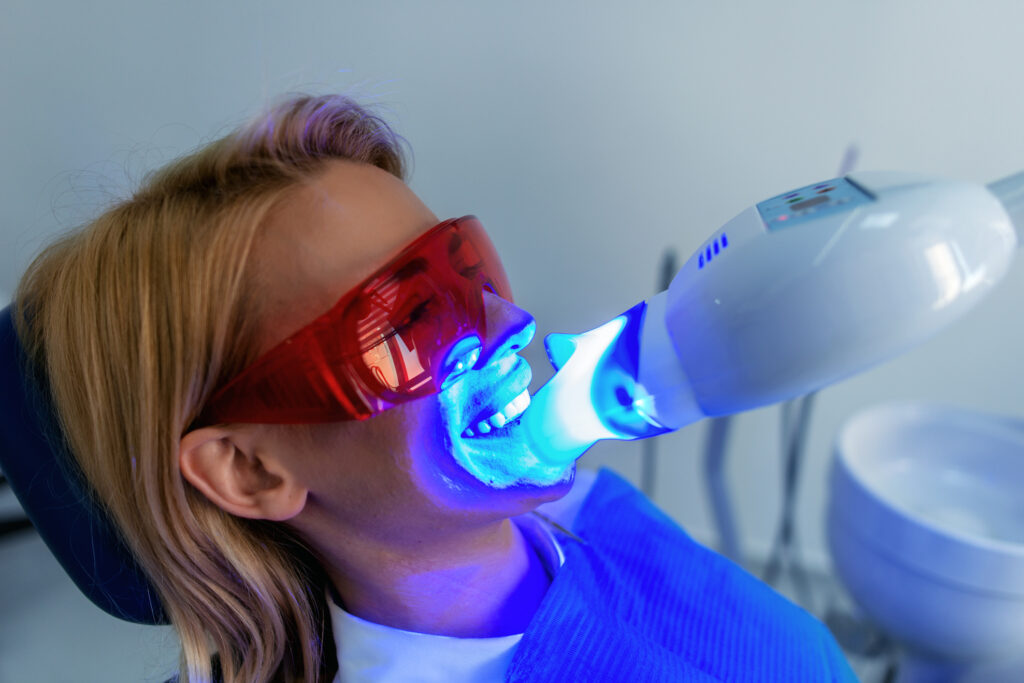
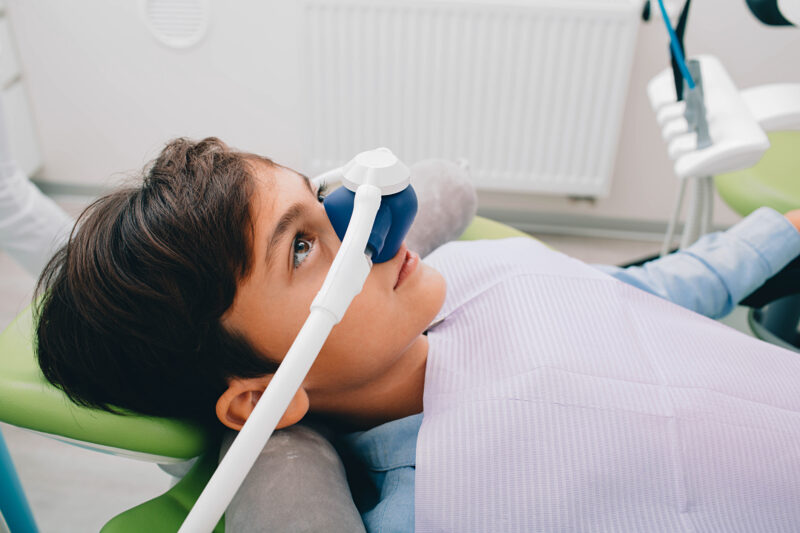
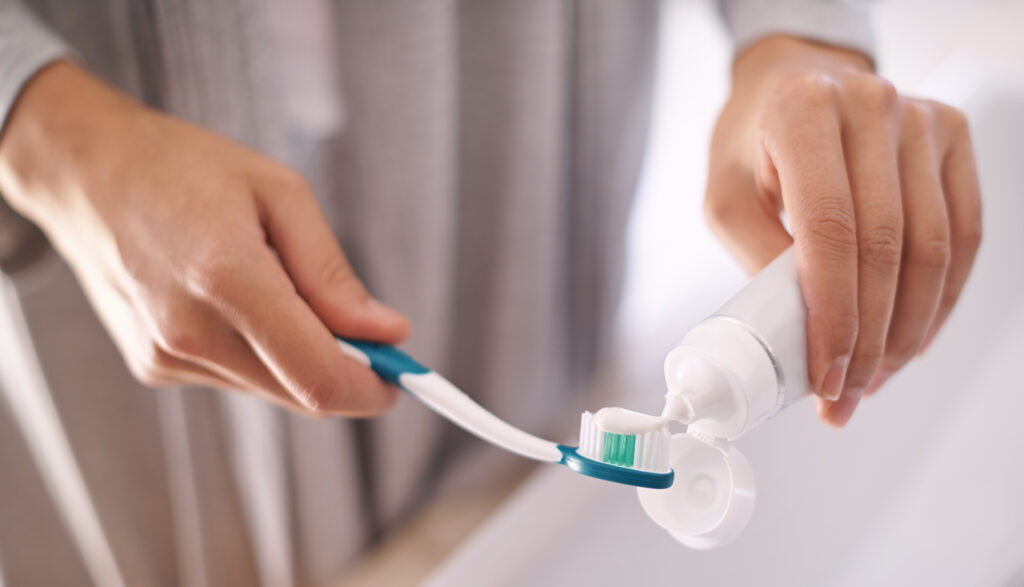
We Are Here to Help You
Whitby, ON, L1N 4M9
905-430-7045
905-430-7284
info@dwdentistry.ca




